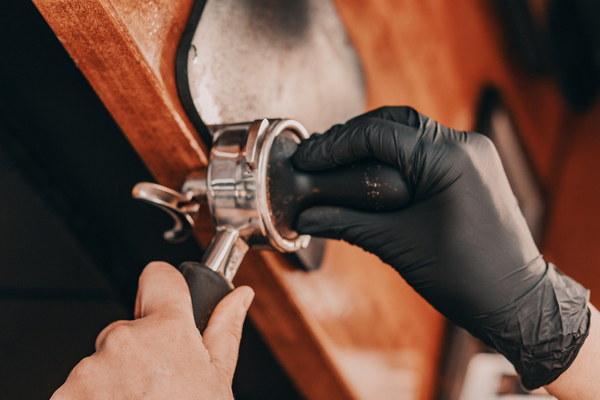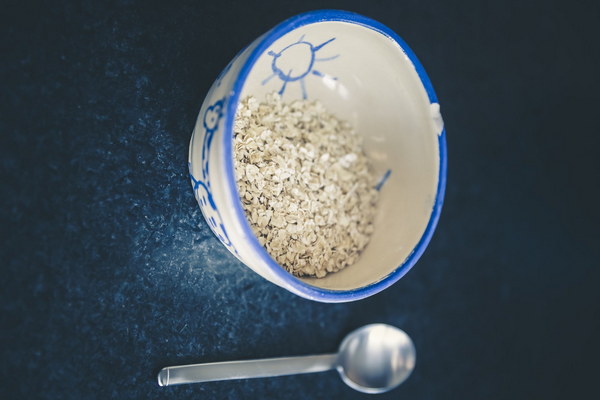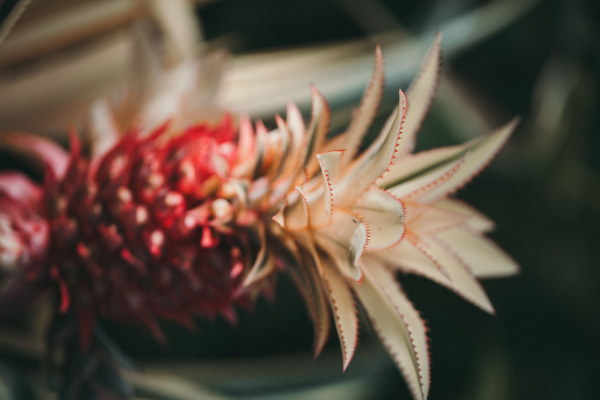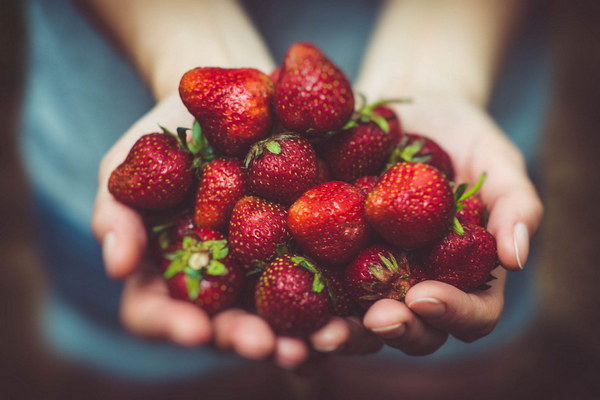Comprehensive Guide to Herbal Remedies for Dampness and Heat Ancient Chinese Medicine Secrets Unveiled
In traditional Chinese medicine, dampness and heat are considered as two of the most common and disruptive imbalances in the body. These imbalances can lead to a variety of health issues, from mild discomfort to severe diseases. To address this, countless herbal remedies have been developed over the centuries. This comprehensive guide to herbal remedies for dampness and heat will explore the most effective and time-tested treatments from ancient Chinese medicine.
1. Dampness and Heat: Understanding the Imbalance
Dampness and heat are two distinct but often interconnected elements in traditional Chinese medicine. Dampness refers to the accumulation of moisture in the body, which can lead to conditions such as edema, fatigue, and weight gain. Heat, on the other hand, represents an excess of internal heat, which can manifest as fever, irritability, and redness.
When dampness and heat combine, they create a particularly challenging imbalance, often resulting in symptoms such as:
- Body aches and pains
- Headaches
- Skin rashes
- Excessive sweating
- Bad breath
- Poor digestion
2. Herbal Remedies for Dampness and Heat
The following herbal remedies have been used for centuries to alleviate dampness and heat imbalances in the body. These remedies are often prescribed in combination to address the underlying causes of the imbalance.
a. Atractylodes Macrocephala (Cang Zhu)
Atractylodes Macrocephala, also known as Cang Zhu, is a potent herb used to drain dampness and clear heat. It is commonly used in formulas for treating damp-heat conditions, such as edema, fatigue, and body aches.
b. Scutellaria Baicalensis (Huang Qin)
Scutellaria Baicalensis, or Huang Qin, is a well-known herb used to clear heat and relieve inflammation. It is often combined with other herbs to treat various damp-heat conditions, including fever, skin rashes, and respiratory infections.
c. Alisma Orientalis (Ze Xie)
Alisma Orientalis, or Ze Xie, is an herb known for its ability to drain dampness and alleviate water retention. It is commonly used in formulas for treating edema, urinary issues, and bloating.
d. Poria Cocos (Fu Ling)
Poria Cocos, or Fu Ling, is a traditional Chinese medicine herb used to drain dampness and resolve phlegm. It is often included in formulas for treating respiratory conditions, such as coughs and colds, as well as damp-heat-related issues like headaches and skin rashes.
e. Phellodendron Amurense (Huang Bai)
Phellodendron Amurense, or Huang Bai, is a powerful herb used to clear heat and drain dampness. It is often used in formulas for treating damp-heat-related conditions, such as jaundice, urinary tract infections, and skin disorders.
3. Formulas and Recipes
In traditional Chinese medicine, herbal remedies are often prescribed in the form of formulas, which combine multiple herbs to target specific imbalances. Here are some popular formulas for dampness and heat:
a. Si Miao San (Four Gentleman Powder)
Si Miao San is a classic formula used to drain dampness and clear heat. It includes herbs such as Atractylodes Macrocephala, Alisma Orientalis, and Scutellaria Baicalensis.
b. San Huang San (Three Coolants Powder)
San Huang San is another time-tested formula designed to clear heat and drain dampness. It contains Huang Qin, Atractylodes Macrocephala, and Alisma Orientalis.
c. Long Dan Xie Gan Wan (Gan Cao Decoction)
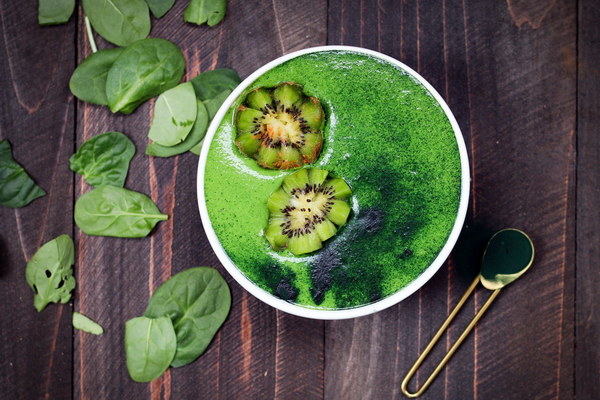
Long Dan Xie Gan Wan is a traditional Chinese medicine formula used to clear heat, drain dampness, and nourish the liver. It includes herbs such as Scutellaria Baicalensis, Poria Cocos, and Astragalus Membranaceus.
In conclusion, dampness and heat are two of the most common imbalances in traditional Chinese medicine. By utilizing the knowledge and experience of ancient healers, we can access a wealth of herbal remedies to address these imbalances and promote overall health. Always consult with a qualified practitioner before beginning any herbal treatment to ensure safety and efficacy.

